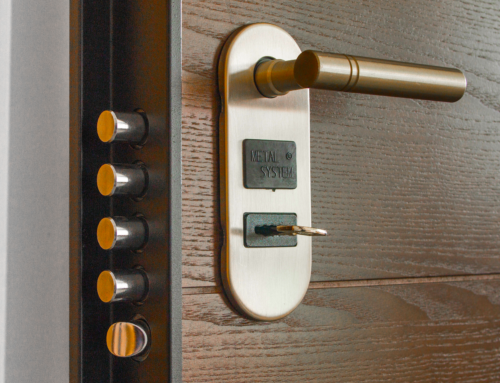When filing for Chapter 7 bankruptcy, your ability to spend money and dispose of assets changes. Understanding your responsibilities under bankruptcy law can help you navigate the system, so you don’t make your case more complicated than necessary.
Property of the Chapter 7 Bankruptcy Estate
When someone files for bankruptcy, a bankruptcy estate is created. The estate is managed by a court-appointed trustee. It consists of all property owned at the time of filing, including all assets and liabilities. The bankruptcy estate also includes assets the debtor has a right to receive, such as:
- tax refunds;
- court judgments;
- settlements or money or property;
- inheritances received within 180 days after filing; and
- money owed on contracts or judgments.
The bankruptcy estate also includes all exempt property. Exemption laws protect your property in bankruptcy, but that property is considered part of the bankruptcy estate.
Ownership reverts to you only at the end of the case or when the Chapter 7 Trustee abandons their legal claim. You must be allowed to dispose of assets or property with court approval before that happens.
After-Acquired Property in Chapter 7 Bankruptcy
The estate’s property is determined by the date your Chapter 7 bankruptcy case is filed. Anything you receive after filing isn’t considered property of the estate and is called “after-acquired property.” In general, the bankruptcy court has no right to any after-acquired property.
Spending Money While You’re in Chapter 7
You should not spend any money or dispose of any assets you own when you file your Chapter 7 bankruptcy case. Without court approval, the Chapter 7 Trustee can force the recipient to return the money or property.
However, the income you receive after filing your case is yours to use. Spend, save, or invest it – the Chapter 7 Trustee has no right to take the money or question what you do with it.
After Your Chapter 7 Bankruptcy is Over
Once the trustee abandons its interest in your property, that property reverts to you. At that point, you have the right to spend money or dispose of your property, no matter when you acquired it.
However, assets not abandoned by the Chapter 7 Trustee are a different story. At the end of the bankruptcy case, the Chapter 7 Trustee retains control over any property of the estate that is not abandoned. The most common situation involving this problem arises when someone files for bankruptcy and fails to disclose an asset on their bankruptcy schedules.
Without proper disclosure, the Chapter 7 Trustee can’t decide whether to abandon an asset or sell it for the benefit of creditors. By preserving the Chapter 7 Trustee’s rights, the bankruptcy law prevents the debtor from benefitting when they don’t fully disclose all their assets and property.
Disclose Everything and Leave the Past Behind
To avoid problems with your bankruptcy case, always be mindful of the duty to disclose all assets, property, and debts. Amend and supplement your court documents when necessary. Protect and preserve everything until the end of your case. Spend money you get after you file your case, but not anything on hand at the time of filing.
Play by the rules and your bankruptcy case will be finished quickly, and you’ll be free to use your money and property without the trustee’s involvement.
ABOUT THE AUTHOR
Meet Jay
 Since I became a lawyer in 1995, I’ve represented people with problems involving student loans, consumer debts, mortgage foreclosures, collection abuse, and credit reports. Instead of gatekeeping my knowledge, I make as much of it available at no cost as possible on this site and my other social channels. I wrote every word on this site.
Since I became a lawyer in 1995, I’ve represented people with problems involving student loans, consumer debts, mortgage foreclosures, collection abuse, and credit reports. Instead of gatekeeping my knowledge, I make as much of it available at no cost as possible on this site and my other social channels. I wrote every word on this site.
I’ve helped thousands of federal and private student loan borrowers lower their payments, negotiate settlements, get out of default and qualify for loan forgiveness programs. My practice includes defending student loan lawsuits filed by companies such as Navient and National Collegiate Student Loan Trust. In addition, I’ve represented thousands of individuals and families in Chapter 7 and Chapter 13 bankruptcy cases. I currently focus my law practice solely on student loan issues.
I played a central role in developing the Student Loan Law Workshop, where I helped to train over 350 lawyers on how to help people with student loan problems. I’ve spoken at events held by the National Association of Consumer Bankruptcy Attorneys, National Association of Consumer Advocates, and bar associations around the country. National news outlets regularly look to me for my insights on student loans and consumer debt issues.
I’m licensed to practice law in New York and California and advise federal student loan borrowers nationwide.
continue reading



